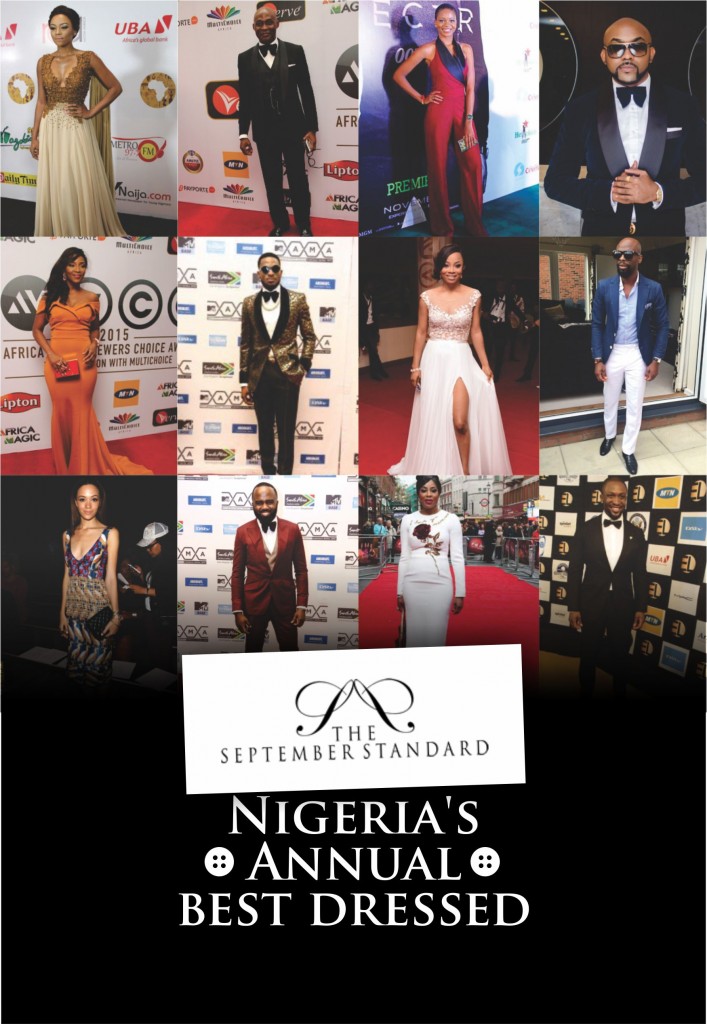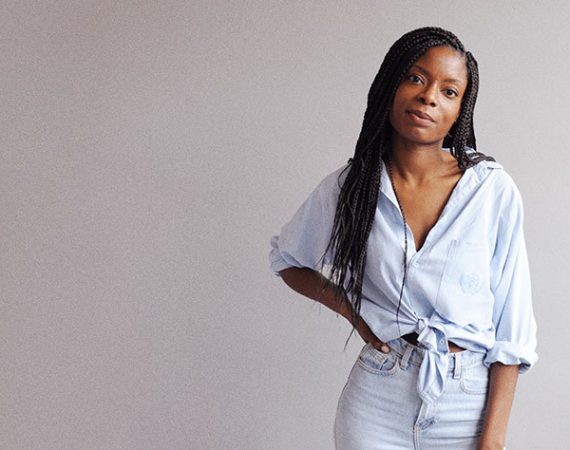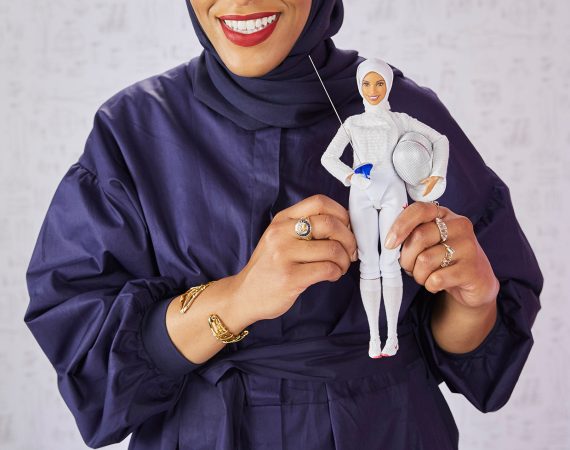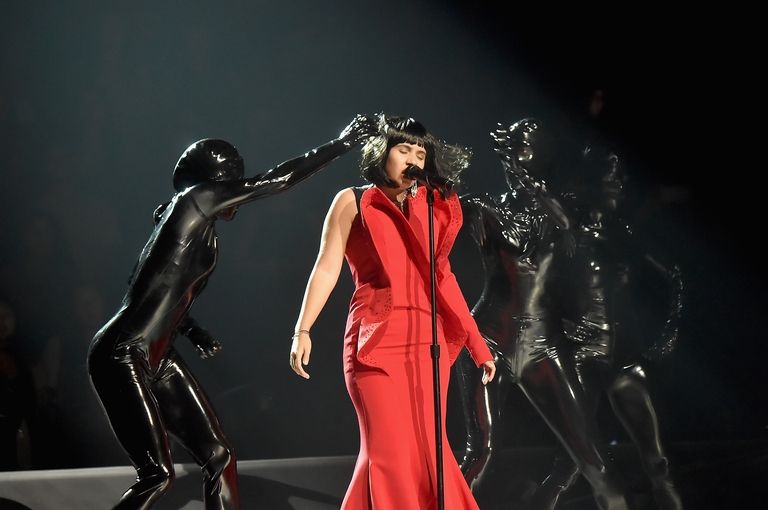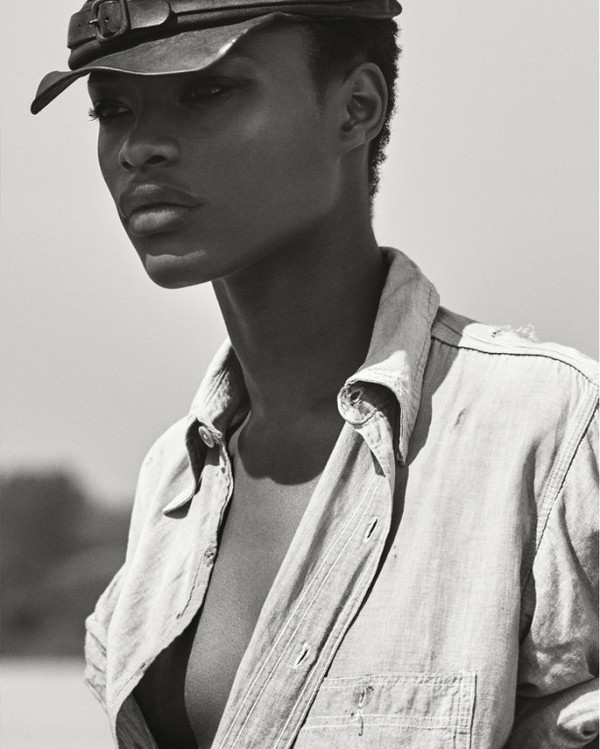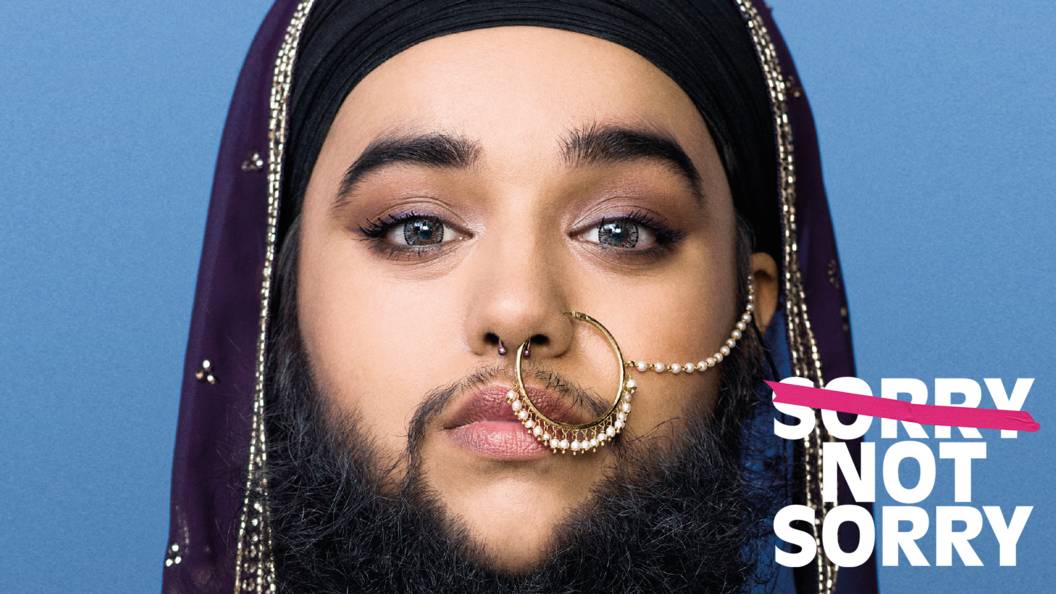Someone needs to do something, because right now I am sitting in the office, in a dilemma. I have a three piece tweed suit on, one bought from a Nigerian designer that is hot and uncomfortable, but I cannot take it off, because the air-conditioning is 17 degrees, the equivalent of a wintry day in England. This might seem funny, but it is very much my reality right now.

There are many things about Nigerian fashion that I don’t understand.
One of them is this insistence on promoting formal suits as part of our uniform. Nigeria is a tropical country, right on the equator. We literally have zero protection from the sun and 100% of the sun’s radiation. It would stand to reason that with this singular bit of information, we would adapt accordingly.
I get it, we were colonized by the British and as a result of that colonization have many unpleasant left over personality and fashion fads, like three piece suits and trench coats that make us sweat copious amounts and turn our foreheads to glistening billboards of sweat. But this doesn’t explain why our designers who should be at the forefront of innovating ways to change the status-quo and introduce new ways of consuming fashion continue to perpetuate this fad.
We have many celebrated menswear designers who continue to trot out tweed and cashmere suits, each fashion season, only deigning to marginally change the silhouettes and colours of our suits. I want to rail against this, but then again, these same designers follow an international calendar made for the western hemispheric climate, which has clearly defined hot and cold seasons. If the problem is that fundamental, it’s somewhat naive for me to expect them to bother about questioning why they have to promote suits that lack all practicality.
This is what I hope.
We have had a renaissance of sorts in the Nigerian film industry, nicknamed the ‘New Nollywood’ that is challenging the status quo and retelling our stories in ways that reflect the reality of the present. I want to see this replicated by our designers. We have skilled artisans, and fabric weavers.We have all the necessary materials and technology to create fabric that is light weight, breathable and understated as most formal wear tends to be. And if innovating is too hard, then we have influencers and taste makers who can push this narrative in other ways.
Our traditional dress, we can now see, is not just aesthetically pleasing, it is also practical for the climate. If we saw more designers update our traditional dress silhouettes to make them less ceremonial, maybe more people would embrace them.

